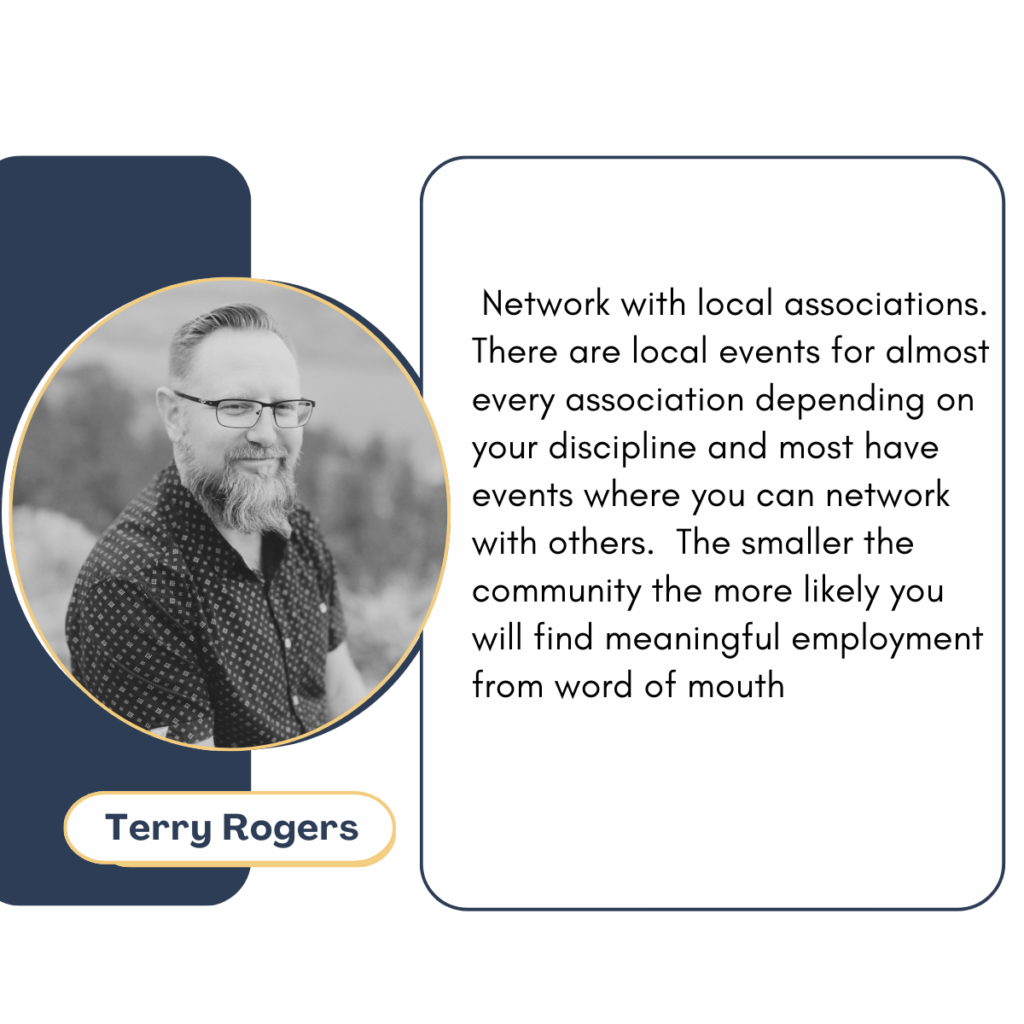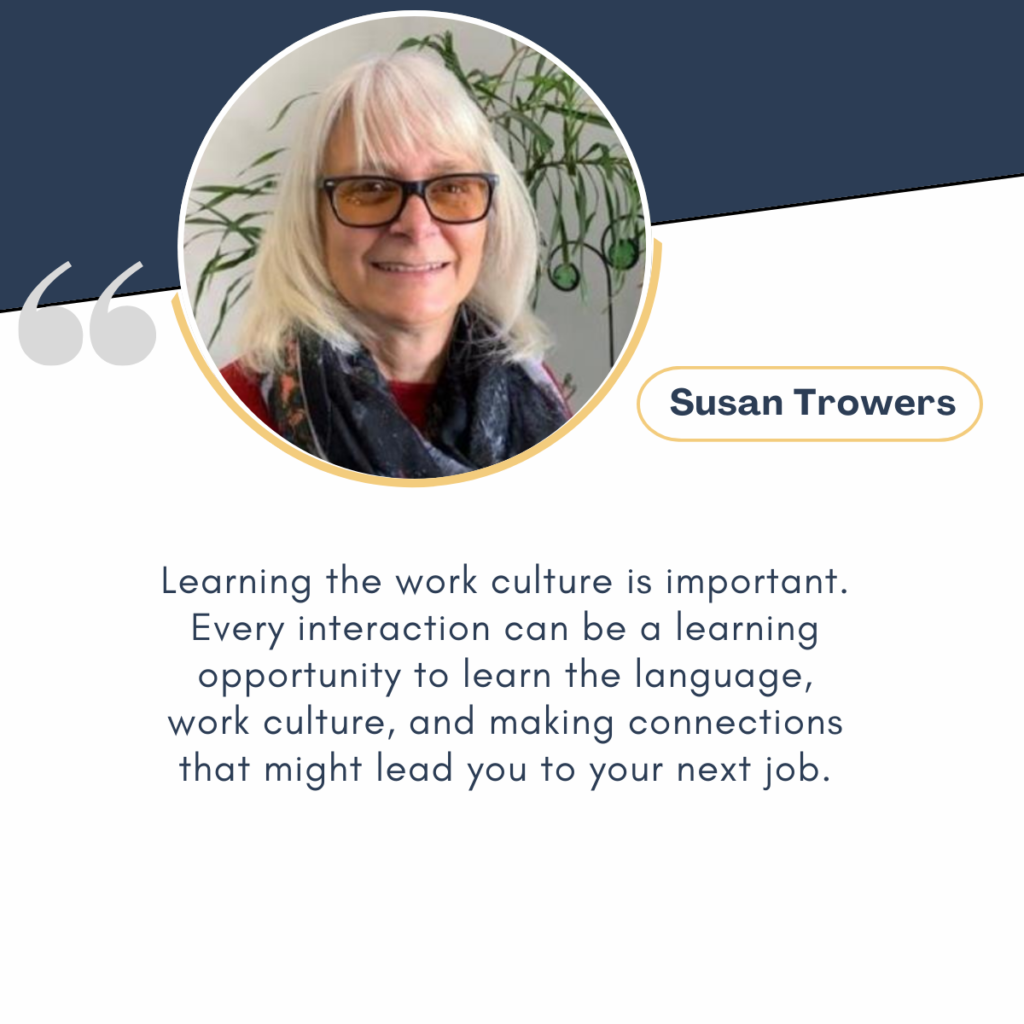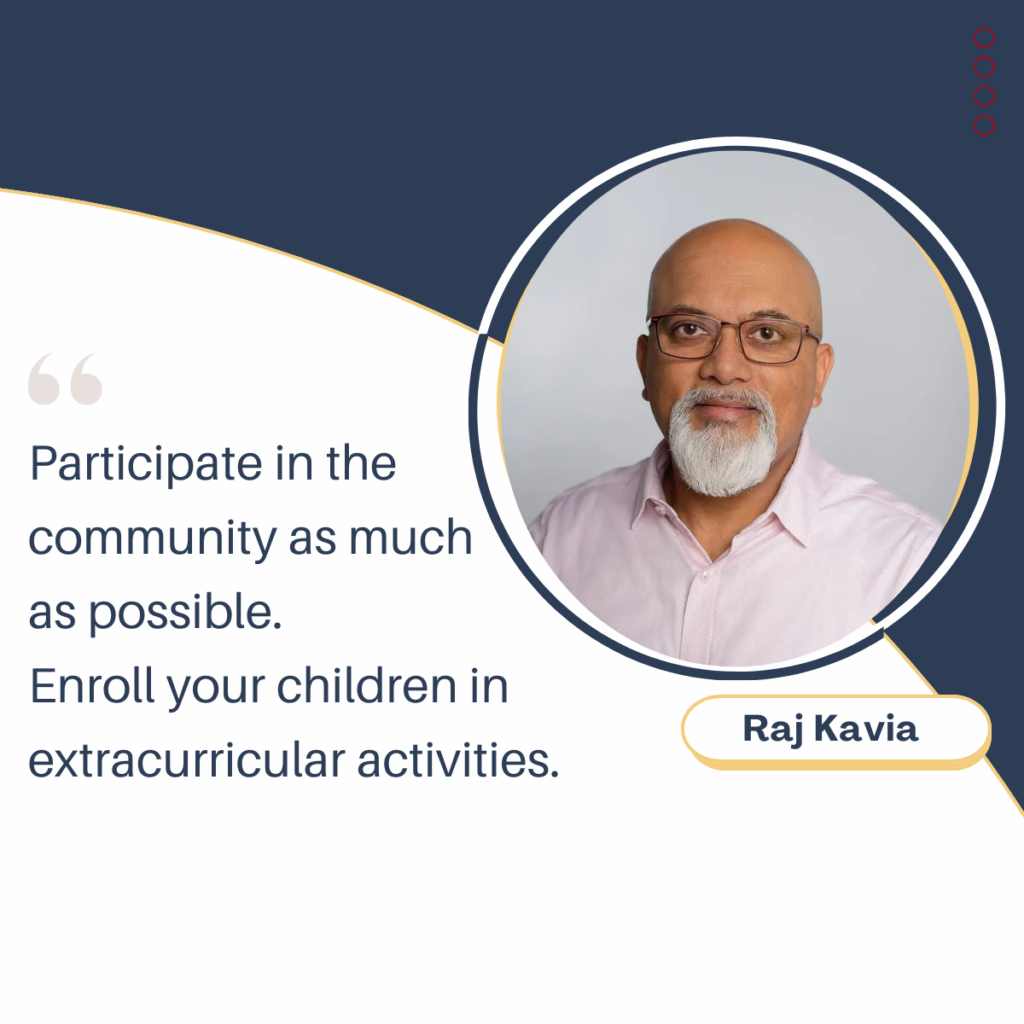Within the rich diversity of Canadian communities, small towns offer unique opportunities for newcomers that also come with a reduced cost of living and a sense of belonging.
Through Project Welcome, JVS Toronto collaborated with local community organizations in small centres across Canada, to engage mentors and employers, creating connections for program participants through mentorship, and fostering welcoming environments. The program encouraged newcomers to explore career options in smaller cities giving them an advantage in finding employment that matched their education and skill level, as well as increased the ability of small communities to attract new immigrants. One of the program partners, The South Okanagan Immigrant and Community Services (SOICS), has been providing immigrant services for over four decades, envisioning a smoother transition for newcomers to the South Okanagan.
Meet The Mentors
We interviewed six mentors from SOICS, delving into their motivations behind mentoring and the unique challenges faced by immigrants in small Canadian communities. Their insights, drawn from personal experiences and a deep commitment to their community, show the profound impact of mentorship.
The motivations of these mentors are diverse. From the desire to give back to their community, as expressed by Raj Kavia, “Being an immigrant myself, I wanted to give back to the greater community.” to the practical aim of facilitating the recognition of foreign qualifications, as articulated by Terry Rodgers “I have been mentoring Engineers for many years and many of them received their Engineering degrees outside of Canada. They all had many challenges and the process took a lot of time getting recognized by our Engineering Association. Now that I have seen how difficult this process can be for others not from Canada I wanted to help people outside my organization as well.” Each mentor shares a common goal: to empower and inspire newcomers to realize their full potential.
With their knowledge of living and working in small communities, these mentors offer invaluable guidance to immigrants navigating the challenges of employment opportunities and social integration. As Navid Fotovaty shares, “Most are quite stressed about finding a job in smaller communities. But when they get to know what the benefits of these smaller communities are, it helps them decide which ones to go for.” The idea of a sense of community as a benefit of living in small towns is reiterated by Susan Trower, “I live in a small city and work in a smaller more rural community and enjoy the community, the friendliness, and participating in town activities and events.” And by Lori Gordon “I think there are so many benefits by supporting those individuals deciding to live in small communities. Small towns have a community closeness.”
Moreover, the mentors emphasize the importance of building support networks and fostering a sense of belonging in new communities. As Lara Kinvig asserts, true integration goes beyond securing jobs and housing—it’s about forging meaningful connections. “I believe feeling connected to a community is so important when people move to Canada, and I thoroughly enjoy helping mentees discover those connection points and establish a sense of belonging.”
Mentoring in small communities is not just about sharing knowledge; it’s about fostering a sense of belonging, and supporting newcomers in their journey to establish fulfilling lives in Canada. A structured mentoring program like the one offered by JVS Toronto in collaboration with its partner organizations benefits mentors, mentees, and the community at large by fostering meaningful connections and cultivating a supportive environment for personal and professional growth.










